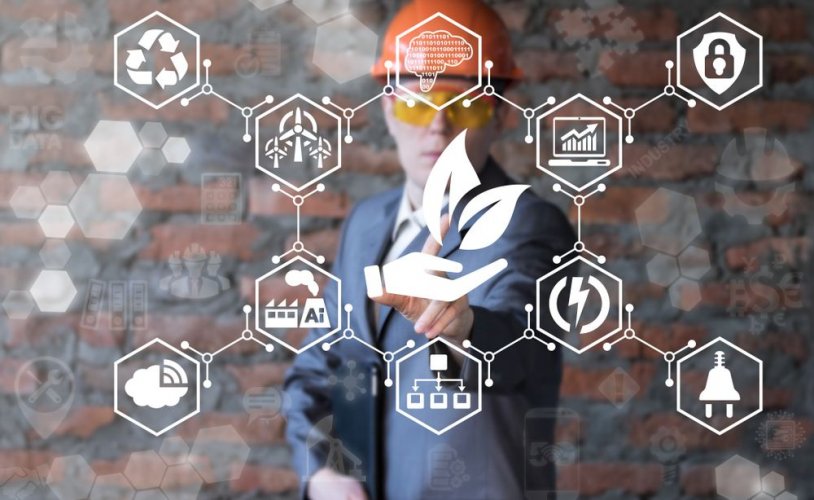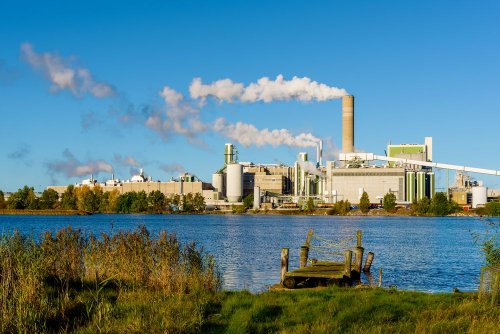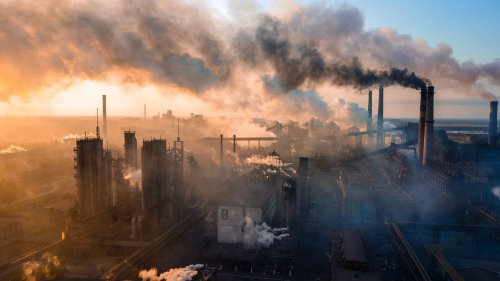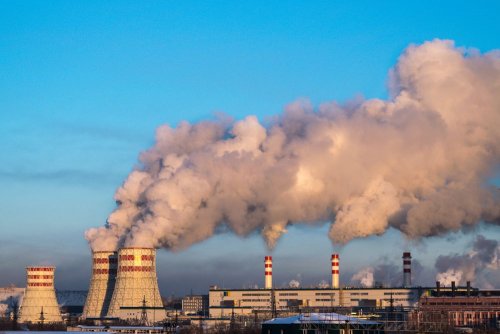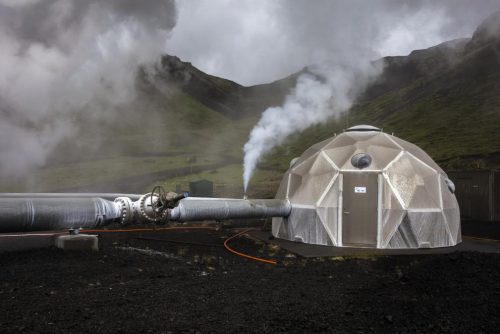The European Union and 35 countries have officially launched the Climate Club, an inclusive platform to support effective industrial decarbonization.
The club members, who together represent more than 55% of the global economy, recognize that in order to keep global warming within 1.5°C, it is necessary to decarbonize industrial sectors that are difficult to reduce emissions, the Climate Club said in a release.
It is noted that the cement, metallurgy, and chemical industries generate about 70% of all industrial emissions. These industries are considered to be the most difficult to reduce emissions.
The release emphasized that the demand for materials produced by heavy industry has grown significantly worldwide. This growth is expected to continue, especially in transition and developing countries. Indeed, by 2050, more than 90% of the expected growth in demand for industrial materials will come from these regions.
The Climate Club will support the promotion of ambitious policies, harmonization of methodologies and standards, and improved access to finance and technical assistance for transition and developing countries.
It is noted that by 2024, members of the Climate Club will have:
- agree on standards for the promotion of materials markets with almost zero greenhouse gas emissions;
- to develop a toolkit for industrial transition.
Club members will also participate in a strategic dialogue on carbon leakage, i.e. the transfer of production to countries with less stringent environmental requirements. After all, the decarbonization of industry should take place all over the world, in particular in countries with transition economies and developing countries.
It is noted that the Climate Club will promote international cooperation and partnership. COP28 will launch a Global Partnering Platform to accelerate and coordinate international efforts to support developing and emerging market countries to decarbonize their industries.
"We hope that the Climate Club, along with other initiatives, will be a leader in defining what 'green steel' and 'green cement' will mean by 2025. Based on this, we can create fair leading markets for green goods. It will also help channelize needed investment in both industrialized and developing countries. Overall, this is how we can succeed in making green industrial production the default business model, which will help us achieve our climate goals and at the same time create new opportunities for growth," said Germany's Vice Chancellor and Minister for Economic Affairs and Climate Action Robert Habek.
Earlier, EcoPolitic wrote, that reports of the International Finance Corporation (IFC) showed that the use of green technologies in the production of cement will help reduce emissions by 20%, which will contribute to the decarbonization of the construction sector.
As EcoPolitic previously reported, the International Energy Agency called on rich and developing countries to dramatically strengthen emission reduction targets to limit global warming to 1.5°C.

